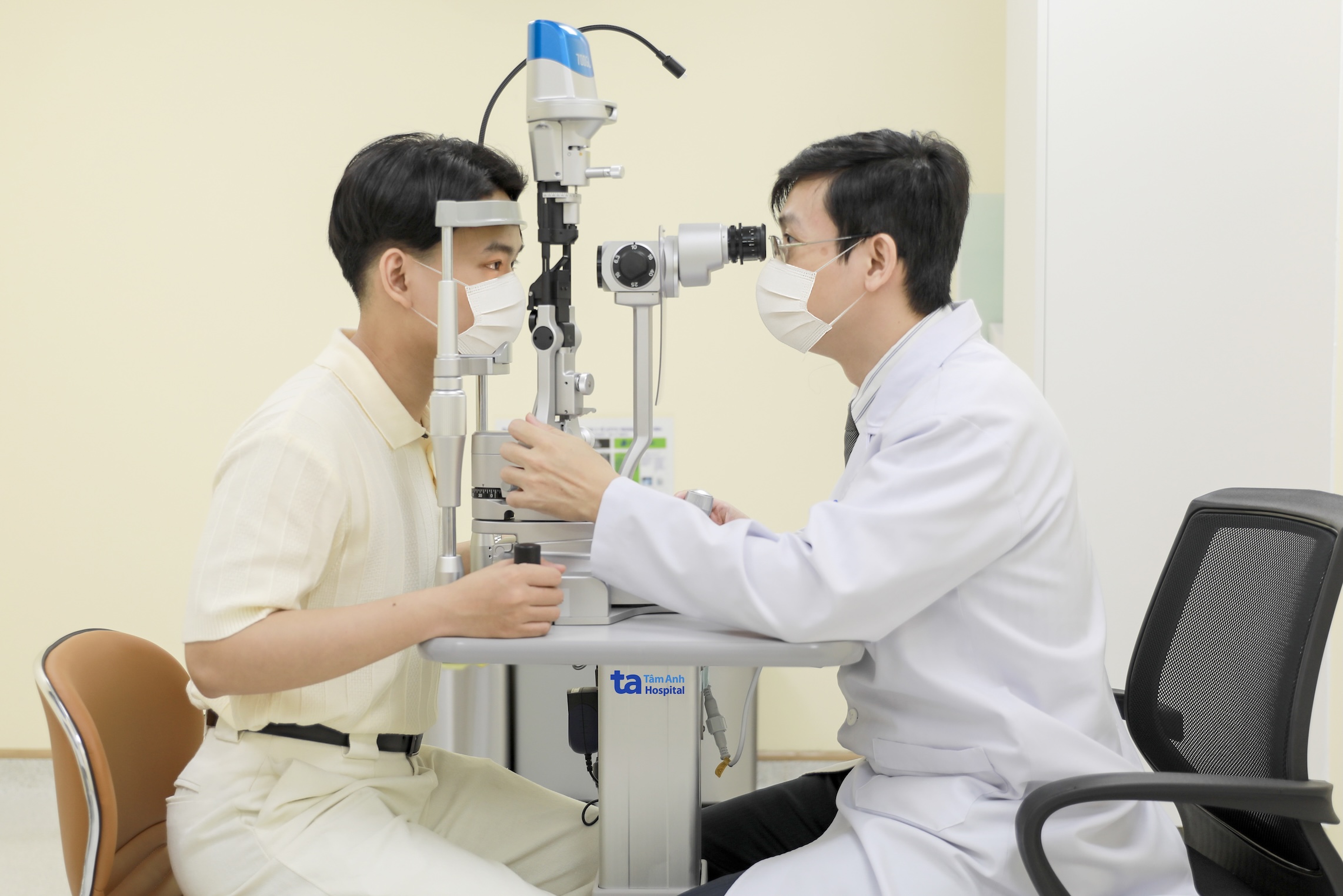Answer:
Farsightedness, or hyperopia, is a refractive error that makes it difficult to see objects up close, while distant objects remain clear. This occurs when the eyeball is too short or the cornea isn't curved enough, causing light to focus behind the retina instead of directly on it. The impact of farsightedness varies depending on the severity, the eye's ability to focus, and age.
Younger individuals with mild farsightedness often have good focusing ability to compensate, so constant glasses aren't always necessary. In your case, wearing glasses for close-up activities like reading, using your phone, or working on a computer can reduce eye strain, headaches, and improve work efficiency. You likely don't need glasses for resting, walking, or general activities if you don't experience discomfort.
If eye strain, dryness, or blurred vision recur without glasses, consider wearing them more frequently, even during daily activities, to reduce strain on your eyes. Wearing glasses doesn't weaken your eyesight; it provides comfort and prevents farsightedness-related symptoms.
 |
A doctor checks a patient's eyes for refractive abnormalities. Photo illustration: Tam Anh General Hospital
For young children with farsightedness, especially above 2.0 diopters, consistent glasses use is crucial. Children's visual systems are still developing, and uncorrected farsightedness can lead to esotropia (crossed eyes) and amblyopia (lazy eye). These conditions can permanently affect a child's vision.
Adults over 40, even without congenital farsightedness, often experience presbyopia, a decreased focusing ability that makes it difficult to see close-up. Reading glasses or bifocals become necessary to reduce eye strain.
People with farsightedness aren't required to wear glasses all day in every situation. The need for glasses depends on age, the severity of farsightedness, and visual demands. If your doctor doesn't recommend constant wear, you may only need them for near work. If bothersome symptoms like eye strain, blurred vision, watery eyes, or headaches persist, consult an eye doctor for an updated prescription.
Pham Huy Vu Tung, MSc, MD
High-Tech Eye Center
Tam Anh General Hospital, TP HCM
| Readers can submit questions about eye diseases here for doctors to answer. |












